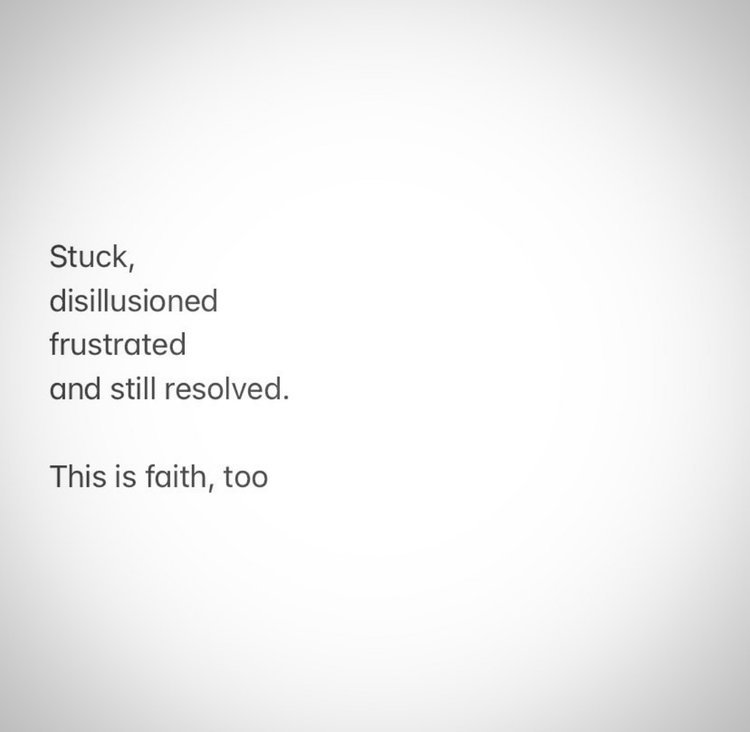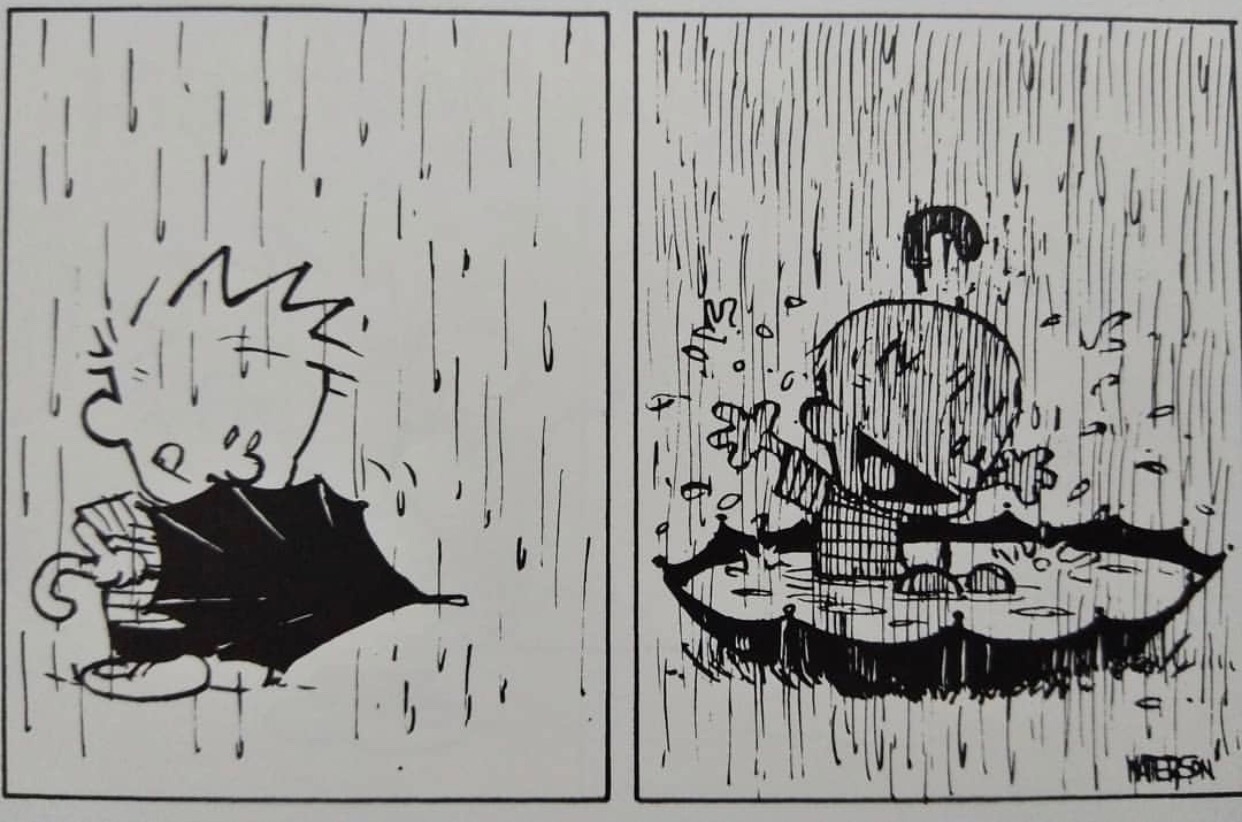The club is not to beat inspiration, relationships, or dreams into submission. The club is to protect us on our journey towards those things. It is to keep the wolves at bay so we can continue to push forward, try new things, and improve ourselves, our families, our schools, and our communities.
It is to beat the snake that would deceive us into believing that the best things of life should be easy.
It is to ward of the coward that would try and convince us it is better to retreat and live comfortably, than to fight for what is good and right and true.
It is to threaten the sluggard who would entice us to sleep a little longer, work a little less harder, and be content with “It’s good enough.”
It is to kick the sh*t out the wave of discouragement that comes after thinking of and planning for and loving on others, only to receive complaint, criticisms, and scoffs.
The club is to beat back despair.
For the wolves are coming and they are eager to devour. Therefore, in order to do GREAT things - to Give, Relate, Explore, Analyze, and Try - at times, we must press pause on our goals and dreams and simply pick up the club and plunge into battle.
When instead of gratitude we receive complaints, pick up the club and keep giving and serving and caring for others knowing it is always right to do right, because its right.
When a comfortable life means sacrificing the humanity of others, pick up the club and fight for integrity.
When the incumbent accuses you of being a clown and sneers that your ideas won’t work, pick up the club and beat back the fear of failure or being misunderstood. Be different. Be confident. Be you.
When past regrets try to haunt our current blessings, pick up the club and fight for grace and second, third, and 11th chances.
When gossip and slander knock at our door, pick up the club and defend Truth.
When we want to hit the snooze button just one more time, pick up the club and beat back exhaustion.
When temptation slips through the cracks of our defenses, pick up the club and fight like hell to regain control.
When your neighbors or coworkers make sly or unkind remarks, don’t race to Facebook and post a passive aggressive meme, pick up a friggen club and fight back with kindness and forgiveness.
When our bosses overlook our hard work and diligence, pick up a club and slay the temptation to cut corners.
When you feel alone or abandoned by those you love and care for, pick up the club, chase off self-pity, and find someone to comfort and encourage. Ensure no one else is alone in the fight.
When our kiddos act like kiddos and not the quality men and women we want them to be, pick up the club and attack the sudden and seemingly justified desire to scold and reprimand. Fight for patience and lovingkindness.
When we are enticed to bend our character or sacrifice our integrity for personal gain, when moments and people try to steal our hopes and goals and dreams or threaten to cast a shadow over our joy and passion for life and living - for doing GREAT things - let us pick up the club, dig in our heals, and prepare for battle.
“It's a dangerous business, Frodo, going out your door. You step onto the road, and if you don't keep your feet, there's no knowing where you might be swept off to.” - J.R.R. Tolkein
As an educator, father, friend, husband, and constant dreamer of what could be, I find I am often discouraged by the events of the world and actions of others, including myself. Being reminded, however, that the greatest of us have had to endure the hardest of times, that the most beautiful of creations have often been birthed in the midst of despair, and that a rose can grow from concrete has not only been encouraging, it has been uplifting.
And that is what has been on my mind this week.
If you have any, “When (life happens), pick up the club and . . . .” examples of your own, please share and I will add them to the list.
Happy Friday!!!
#doGREATthings!!!
Give. Relate. Explore. Analyze. Try.
For more on . . .
Friday Thoughts : Blog











